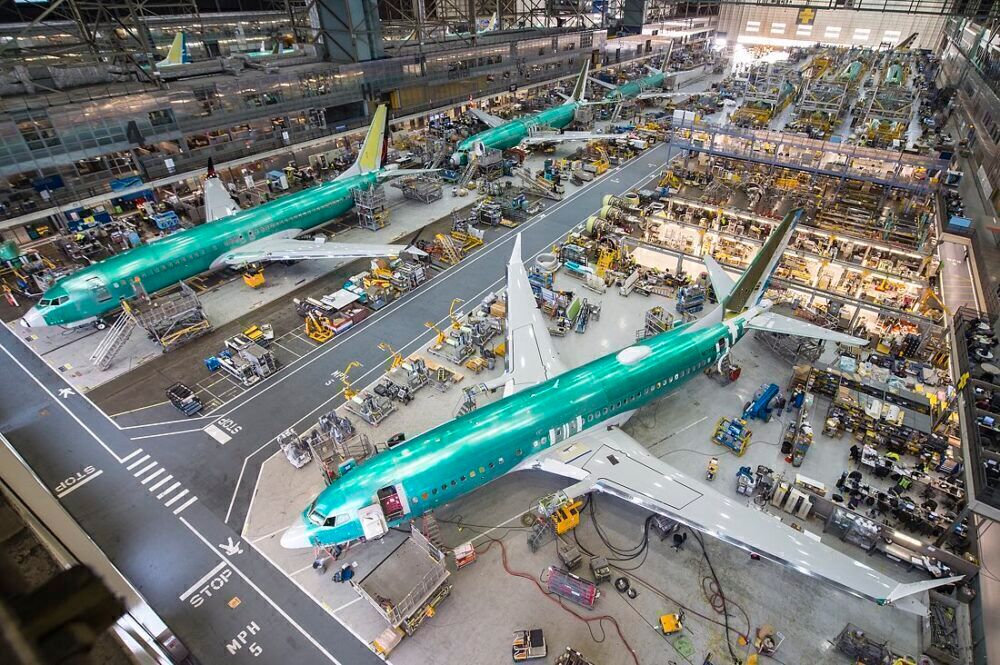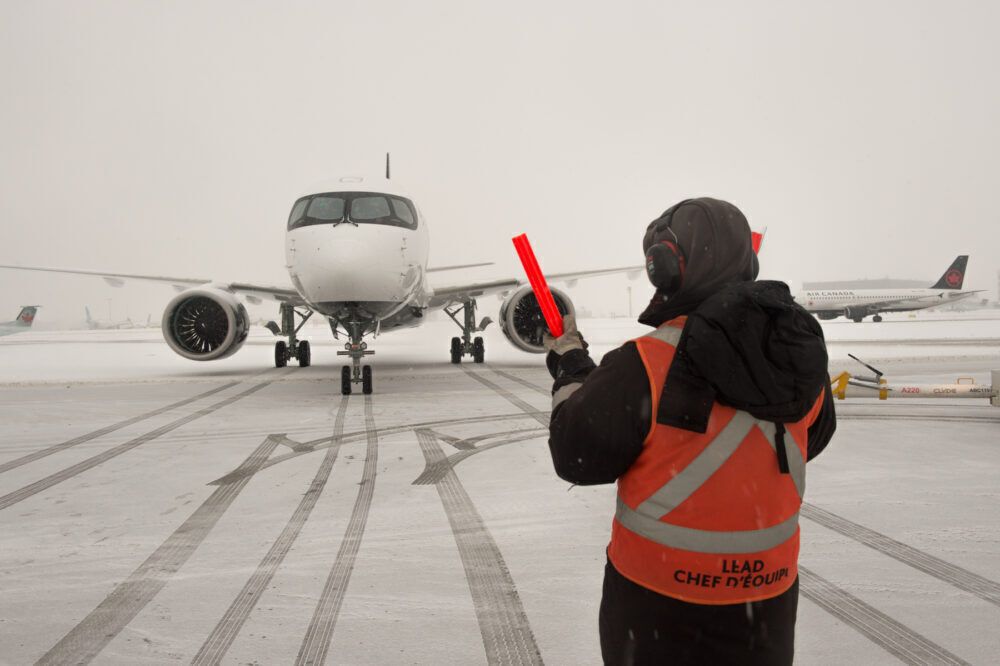In 2017, news emerged that Boeing was planning a takeover with Embraer. Two years later, a strategic partnership was formally approved by Embraer’s board. Boeing-Brasil Commercial was due to emerge sometime in 2020, but on April 24th that year, Boeing pulled out. What went wrong with this significant deal?
The official line
When Boeing announced the end of the project to merge with Embraer, the official word from Boeing’s side was that “Embraer did not satisfy the necessary conditions” of the deal. Marc Allen, president of Embraer Partnership & Group Operations at Boeing, said,
"Boeing has worked diligently over more than two years to finalize its transaction with Embraer. Over the past several months, we had productive but ultimately unsuccessful negotiations about unsatisfied MTA (Master Transaction Agreement) conditions. We all aimed to resolve those by the initial termination date, but it didn't happen … It is deeply disappointing.”
From Embraer came accusations that Boeing backed out of the agreements under false pretenses. It claimed that it was in full compliance with its obligations under the MTA, and that all requirements had been satisfied to date. In a strongly-worded statement, the Brazilian planemaker said,
“Embraer believes strongly that Boeing has wrongfully terminated the MTA, that it has manufactured false claims as a pretext to seek to avoid its commitments to close the transaction and pay Embraer the US$4.2 billion purchase price. We believe Boeing has engaged in a systematic pattern of delay and repeated violations of the MTA, because of its unwillingness to complete the transaction in light of its own financial condition and 737 MAX and other business and reputational problems.”
While both parties were fairly vague on the specifics of the breakdown, what is clear is that both parties lost out. Airbus had begun to corner the market in the small jet sphere with the ex-Bombardier Cseries. Boeing had nothing to compete, and putting the Boeing name to Embraer’s capable suite of E-Jets would inevitably mean a boost to sales.
Stay informed: Sign up for our daily and weekly aviation news digests.
What was really going on?
There are several potential scenarios that would explain why Boeing rejected the deal with Embraer. The first, and most obvious, was the looming specter of a global pandemic, and what its effects on aviation were likely to be. Boeing had enough foresight to predict the difficult times that lay ahead, and wanted to avoid parting with such a huge sum of money at such an unpredictable juncture.
There was also the MAX situation to consider. By this point, it was a year into the grounding, and the cancellations and lawsuits were starting to pile up. Boeing likely knew it was going to be facing a sizeable settlement, and wanted to keep hold of its capital a little longer.
Another potential factor was the ongoing negotiations for a US government pandemic relief loan that Boeing was chasing. The loan was intended to be used to support workers who were furloughed during the downturn. If Boeing took $4 billion of federal cash and poured it into Brazil, the repercussions would have been enormous.
Whatever the underlying factors surrounding the deal collapse were will probably never be fully understood outside of the Boeing boardroom. In all likelihood, it was a combination of all of these factors and more than led Boeing to take the action it did. For now, that leaves the US planemaker without a small jet, and Airbus free to corner the market with the A220.



